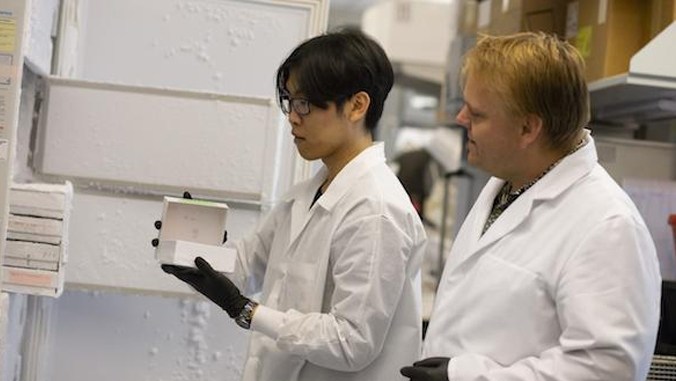
A vaccine candidate for the Zika virus shows that it is effective in guarding against the infection in non-human primates and is a promising candidate to protect pregnant women as well, scientists at the University of Hawaii announced this month.
Since the Zika outbreak of 2015 and 2016 in Brazil, there have been more than 30 vaccine candidates developed, but the UH John A. Burns School of Medicine (JABSOM) researchers say this one is advantageous for expectant mothers because it requires multiple doses.
In an email to Homeland Preparedness News, Axel Lehrer, JABSOM assistant professor of tropical medicine and infectious diseases whose team created the new candidate, wrote that “while often a single dose vaccination is desirable, such as achievable with a live attenuated vaccine, a failure in administering a single dose correctly may lead to incomplete vaccine protection.”
He added that other vaccines carry a higher safety risk, making it unavailable to the key target population: pregnant women.
These women may develop severe symptoms if infected with the Zika virus, such as the birth of children with defects and neurodevelopment problems. The risk is high.
In a U.S. Centers for Disease Control and Prevention study, among 1,450 children of mothers with laboratory evidence of confirmed or possible Zika virus infection during pregnancy, “one in seven evaluated children had a Zika-associated birth defect, a neurodevelopmental abnormality possibly associated with congenital Zika virus infection, or both.”
As for the technology behind this candidate, Lehrer says that in contrast to other vaccines that are dependent on viral vectors, recombinant DNA or RNA delivery, his platform is based on conventional technology, widely accepted to have a good safety profile. In addition, there is no virus used in the production of Lehrer’s vaccine candidate, which is another safety advantage of the platform.
“We also found that the antibodies induced with our Zika vaccine candidate could stop other flaviviruses such as West Nile virus and dengue virus from infecting cells in tissue culture,” he wrote. “This opens up the possibility of formulating a vaccine that may protect not only against Zika but also other, closely related viruses.”
Honolulu-based Hawai’i Biotech partnered with the UH vaccine development project, although the vaccine candidate is not yet in human trials.
The proposed vaccine was reported by scientists at JABSOM in the journals Frontiers in Immunology and mSphere, an open access journal of the American Society for Microbiology. Funding for the most recent research for the vaccine project was provided in part by Pacific Center for Emerging Infectious Diseases Research and by the National Institute of General Medical Sciences, among other sources.
Meanwhile, JABSOM scientists are collaborating with the UH Kapi’olani Community College in an effort to create antibodies that can be used as treatments or for improved diagnostic tests for Zika virus.




